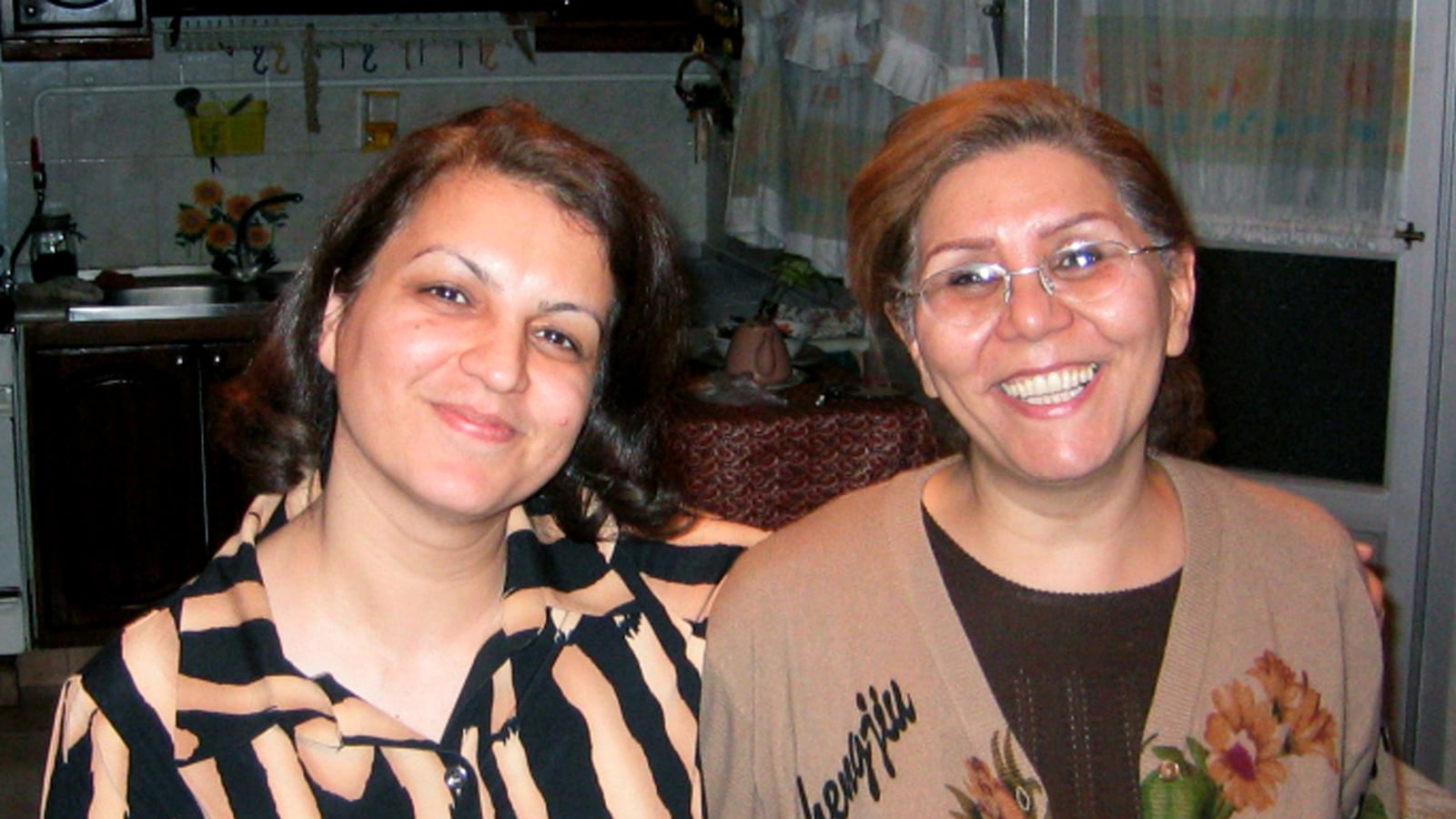While I enjoy the start of my fifth year of freedom, two of my former cellmates have just finished their fifth year in Iran’s prisons.

Mahvash Sabet and Fariba Kamalabadi, along with five jailed male colleagues, form the Yaran, a national-level body that tended to the needs of Iran’s minority Bahai community. With 20-year prison terms, the Yaran are serving the longest sentences of all current prisoners of conscience in Iran. The Yaran have no more opportunities to appeal their sentences through Iran’s judicial system, though their supporters believe that the country’s Supreme Leader has the power to reduce their terms or free them.
Iran’s Bahais number more than 300,000 and make up the largest non-Muslim religious minority in Iran, according to Bahai administrators. Since the faith was founded by a man named Baha Allah in 19th-century Persia, Bahais have often been persecuted.
In February, the U.N. secretary-general reported that Iran’s Baha’i community faces “serious discrimination,” such as being barred from higher education and having their businesses forced shut. There are now 116 Bahais imprisoned in the Islamic Republic and another 448 out on bail, waiting for trial, sentencing, appeal, or imposition of their sentences, according to the Bahai International Community. It’s unclear whether such pressures will worsen after the country’s presidential election June 14, as they did after the last vote in 2009.
Despite these clear violations of basic rights, Iran’s current regime has denied persecuting Bahais, whom it refers to as members of a sect, not a faith. In a March report to the United Nations, the regime claimed, “No one [in Iran] is confronted … for having a belief even if misguided.”
When I shared a cell in Tehran’s Evin Prison with Mahvash and Fariba, they faced charges including spying for Israel, where Bahai headquarters are located, insulting religious sanctities, and spreading corruption on earth. These three charges can result in the death penalty, yet the two women had not been able to see their attorneys even once.
I asked them why they had not fled Iran before their arrests. They must have known they were at risk as leaders of the country’s Bahais.
They replied that they loved Iran and wanted to serve not only Bahais there but also the entire nation.
Despite their uncertain future, the two women seemed serene. They made the most of their time by exercising in place in our cell and discussing the handful of books they were allowed to read.
They also asked me to practice English with them, and from them, I learned lessons such as how to overcome feelings of hatred toward my interrogators, prosecutors, and judge. “How can you not hate your captors?” I recall asking them one day.
“We forgive them,” Fariba replied, explaining that they believed in compassion for all humanity, even for those who wronged them. “We don’t want to become like them. We hope God will help us show them a better way.”
Compassion, they believed, was necessary for the world to achieve peace and unity. And so, when we learned that friends and strangers around the world were calling for my freedom, Mahvash wondered aloud if this show of solidarity signaled a small movement toward world unity.
“Roxana,” she said, “when you go back to America, please tell others that our country isn’t only about the nuclear issue. It is also about people like us.”
Iran is also about people like them. The Yaran are among hundreds of prisoners of conscience, including journalists and bloggers, human-rights advocates, and student activists, who are being punished for peacefully exercising their basic human rights.
Twelve lawyers are now in prison in Iran, according to Iranian Nobel Peace laureate Shirin Ebadi. Abdolfattah Soltani, a brave human-rights attorney, is serving the longest sentence of them all: 13 years. The Yaran had retained Soltani, along with Ebadi, who has been living in exile since 2009, as two of their attorneys.
Some time after my release, Mahvash and Fariba were temporarily transferred to another prison, where they lived among convicted murderers. But the two Bahais, I learned, softened even these women by listening to their troubles, sharing meals with them, and showing compassion in a way that many of them had never experienced before.
Mahvash and Fariba are now back in Evin Prison, living with other women political prisoners. The five male Yaran are in Gohardasht Prison, near the city of Karaj. Family members are allowed to visit the seven Yaran, but usually only from behind a glass barrier. I have heard that Mahvash, who has advanced osteoporosis, suffers from a great deal of pain during these visits from having to press her finger hard on the intercom button to keep the line open.
The plight of the Yaran has touched many people. The Bahai International Community has launched a campaign called “Five Years Too Many,” and people of all faiths have called for their release through social media, petitions, and rallies.
Mahvash and Fariba sometimes hear of this support, and it strengthens them.
They need this strength to tolerate the difficult conditions of prison as they strive to stand up for a basic human right: the freedom of belief. They are paying a heavy price for a cause greater than themselves.
Those of us who have the freedom to speak out can be a voice for others who cannot make their own voices heard. We can send a message to Iran’s leaders that people like Mahvash and Fariba should not have to spend another year, another month, or even another day behind bars.






